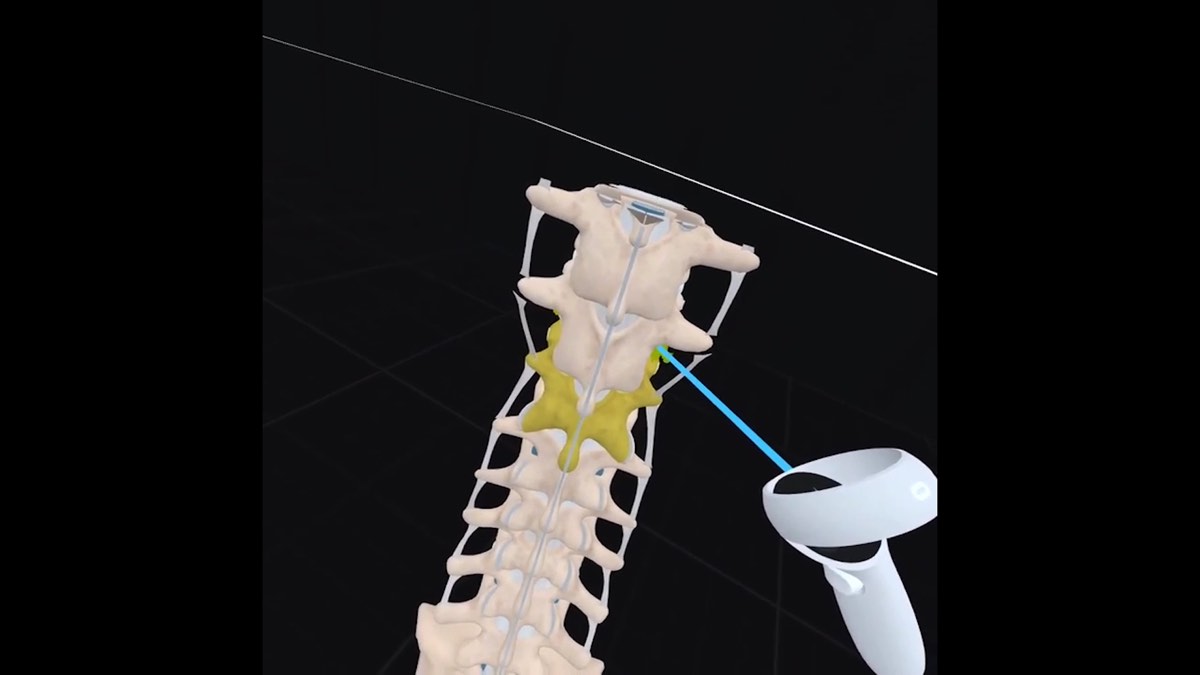The Internal Medicine Channel
July 31, 2013 • Internal Medicine, Nephrology, Oncology, Reuters Health • The Doctor's Channel Newscast, Urology
By Genevra Pittman
NEW YORK (Reuters Health) – Men treated for prostate cancer with androgen deprivation therapy have a higher risk of developing kidney problems, a new study suggests.
The treatment lowers the risk of death among men with advanced, aggressive prostate cancer. However, researchers said, it’s increasingly being used to treat possible recurrences among men with less advanced disease – for whom the benefits are less clear, and the risks more worrisome.
“Our study does raise the concern that perhaps we should be more careful in prescribing androgen deprivation therapy in patients who do not have the clear indication for it,” said Laurent Azoulay, who worked on the research at McGill University in Montreal.
Hormone-targeted treatment has also been linked to a higher risk of diabetes and heart disease.
For their nested case-control study, Azoulay and his colleagues used UK data on 10,250 men who were diagnosed with nonmetastatic prostate cancer between 1997 and 2008. The men were followed for an average of 4.1 years after their diagnosis.
During that time, 232 of them developed an acute kidney injury. The researchers compared those men to 2,721 age-matched patients without kidney problems.
In total, just over half of the men were on androgen deprivation therapy (ADT).
Azoulay and his colleagues found that compared to no ADT, current use of any type of ADT was associated with an odds ratio of 2.48 for acute kidney injury.
“This association was mainly driven by a combined androgen blockade consisting of gonadotropin-releasing hormone agonists with oral antiandrogens (OR, 4.50), estrogens (OR, 4.00), other combination therapies (OR, 4.04), and gonadotropin-releasing hormone agonists (OR, 1.93),” the study team reported Tuesday in the Journal of the American Medical Association.
Azoulay said it’s possible that changes in testosterone and estrogen levels among men on hormonal therapy might affect kidney health and how the kidneys repair themselves after an injury.
If the finding is replicated in other studies, he said doctors should consider checking kidney function before prescribing androgen deprivation therapy.
Dr. Vahakn Shahinian, who has studied risks of hormone treatment at the University of Michigan in Ann Arbor, called the findings “a bit of a surprise.”
He told Reuters Health that it’s still not clear if a link between androgen deprivation therapy and kidney injury makes sense biologically.
“It’s interesting, but it certainly would require some kind of further validation… before I’d be willing to believe that this was a real effect,” said Dr. Shahinian, who wasn’t involved in the new study.
Still, he agreed with Azoulay that doctors should be cautious about prescribing hormone-targeted therapy.
“Where there’s a clear-cut benefit, people should continue to use it and not worry about this,” Dr. Shahinian said.
However, he added, “it’s in those settings where there’s an uncertainty about the benefits that you have to be more worried about the side effects. And I think this adds to that list.”
Source: Androgen Deprivation Therapy and Risk of Acute Kidney Injury in Patients With Prostate Cancer
JAMA 2013.




